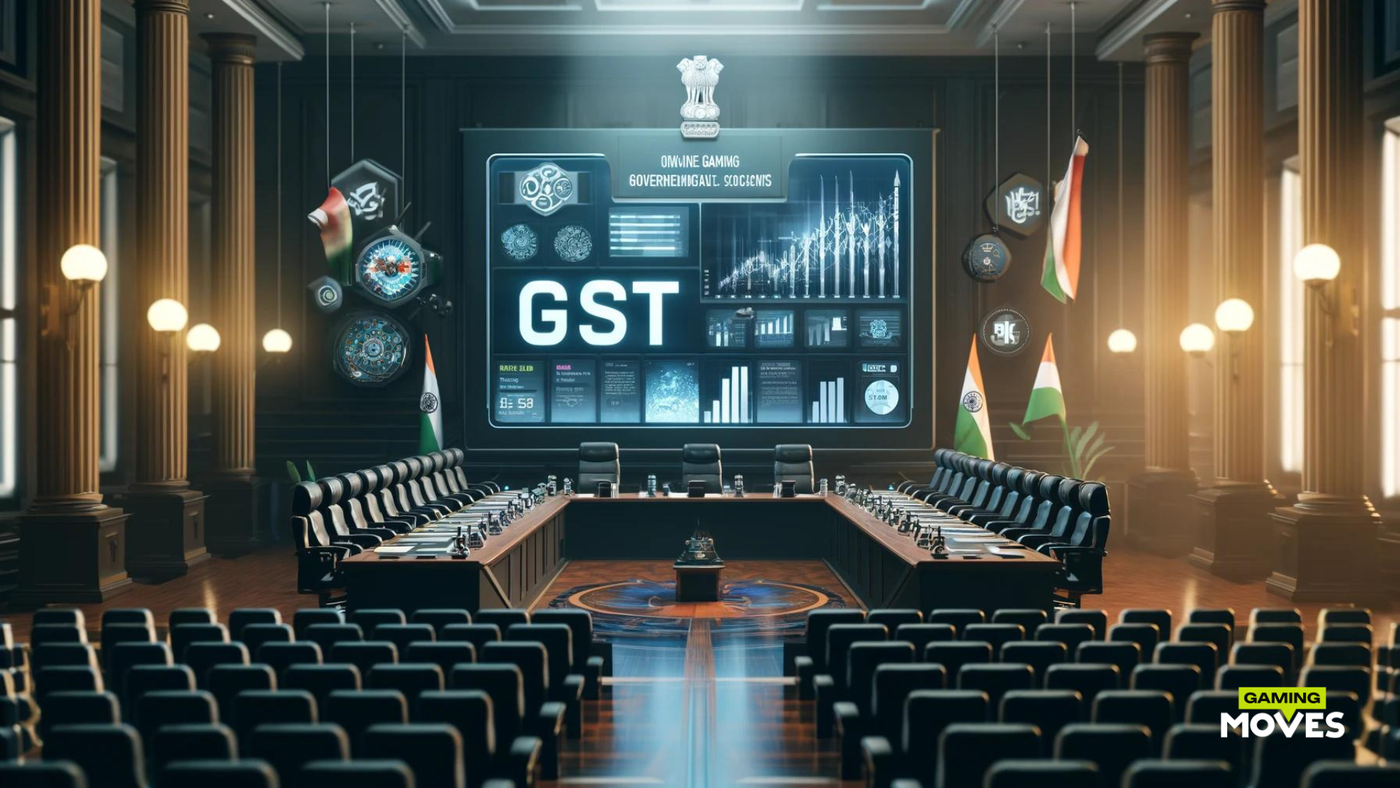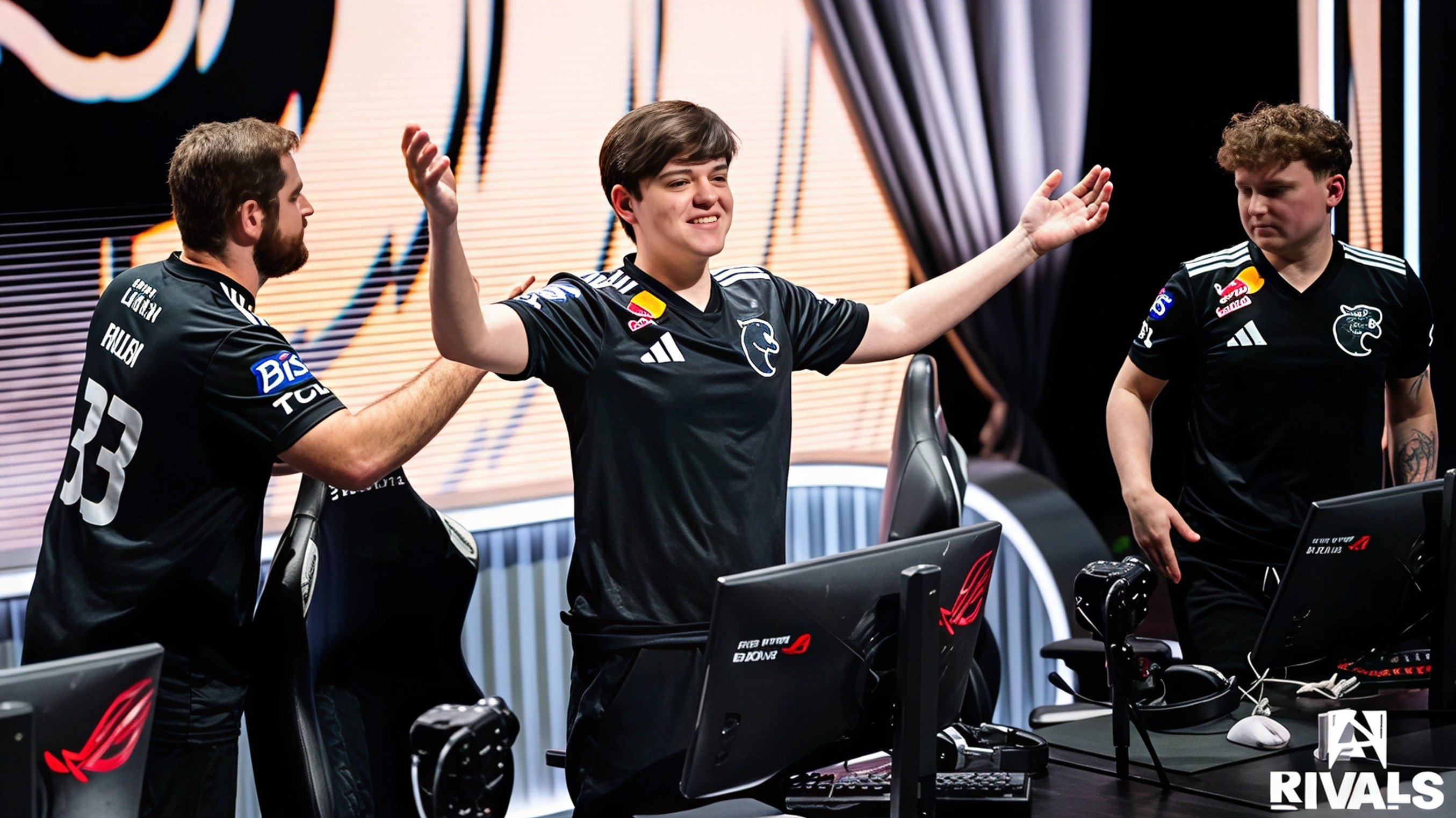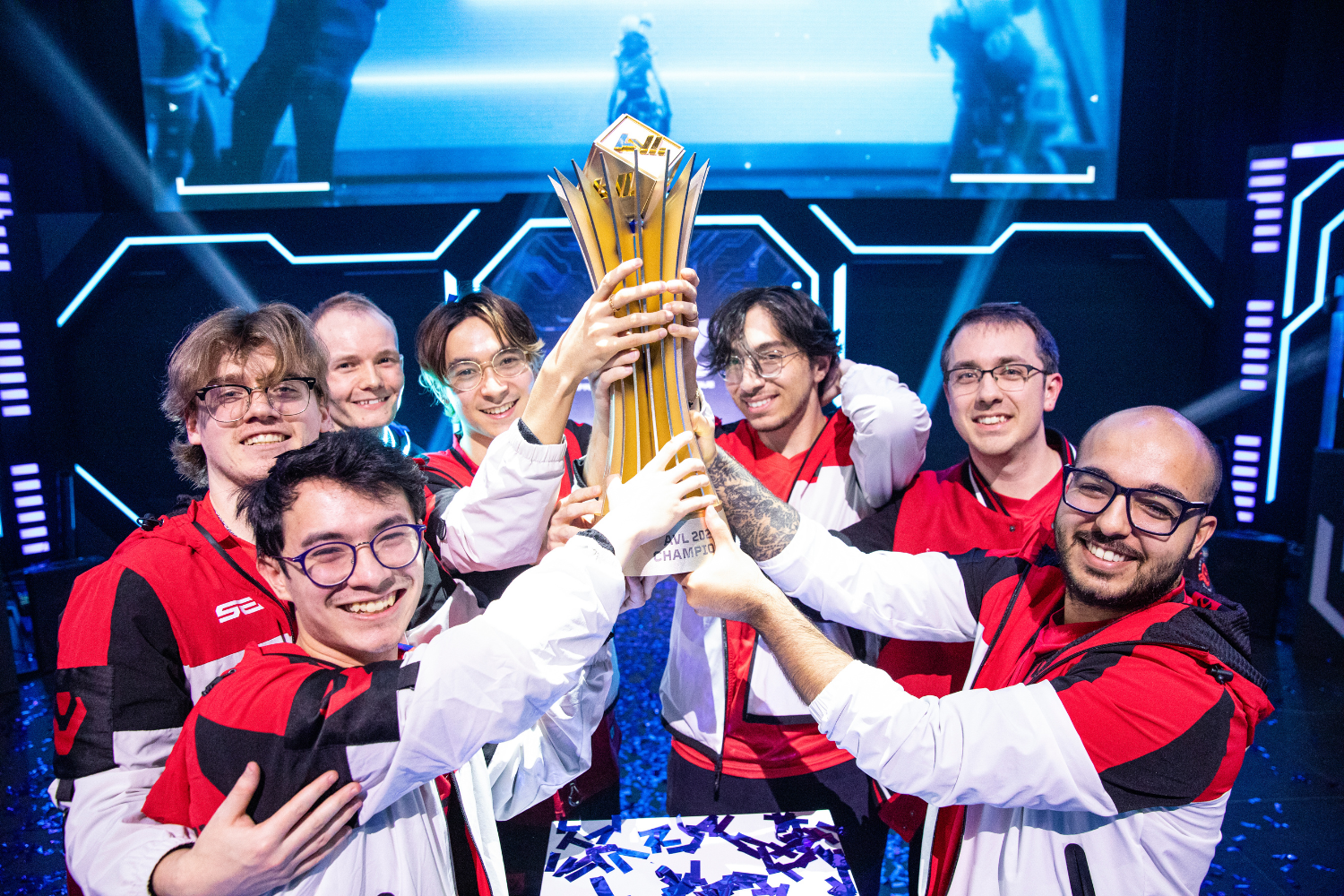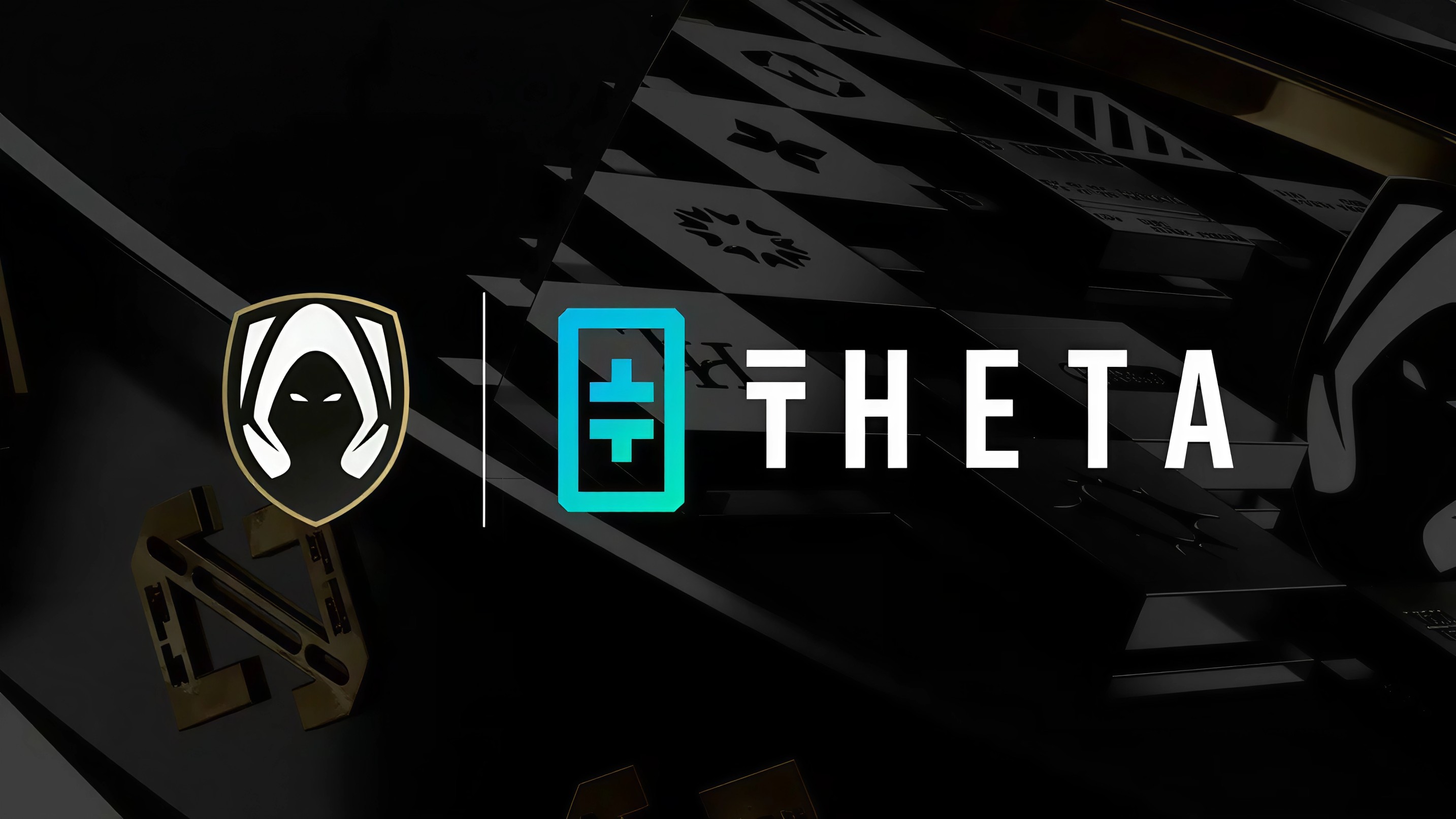The online gaming industry in India is gearing up to lobby the new government post-election for significant tax reforms. The key proposal is to change the basis of the Goods and Services Tax (GST) calculation from the current full face value of bets to Gross Gaming Revenue (GGR). This change is crucial for the sustainability of startups in the online gaming sector, which are currently burdened by a high tax rate.
Current Taxation and its Impacts
As of October 1, 2023, the GST on online gaming has been implemented at 28% on the full face value of the bets placed, rather than on GGR. GGR is calculated as the difference between the total amount wagered by players and the winnings paid out, essentially reflecting the actual income of gaming operators. This shift in tax base has reportedly led to a significant increase in monthly revenue—from Rs 200 crore to Rs 1,100 crore—indicating both the growth potential of the industry and the heavy tax burden under the current regime.
Proposed Changes and Rationale
The industry argues that calculating GST based on GGR would support a healthier competitive environment. Such a framework would not only help nurture the burgeoning startup ecosystem within the country but also enable domestic companies to compete more effectively against offshore gaming companies that currently bypass Indian taxes and regulations. These foreign entities not only evade taxes but also potentially engage in money laundering and other illicit activities, siphoning funds from the Indian economy.
Broader Implications and Industry Growth
The Indian online gaming market is estimated at $2.5 billion and is part of a global market worth $159 billion. However, the current taxation framework threatens the industry’s growth and viability, particularly affecting smaller players who might not withstand the financial pressures of the high GST rate on full face value. Lowering the tax rate and changing its basis to GGR could democratize the industry, providing a more level playing field and promoting healthy competition.
Government and Industry Engagement
The planned approach to the new government is set against recent interactions between Prime Minister Narendra Modi and Indian gamers. In these discussions, issues such as the conflation of gaming with gambling and the need for clear regulations distinguishing skill-based gaming from gambling were highlighted. These interactions, coupled with the Prime Minister’s engagement with various gaming platforms, suggest a growing recognition of the sector’s economic and cultural significance.
Next Steps
As the industry prepares to lobby for these crucial tax reforms, it remains to be seen how the new government will respond to these proposals. The outcome could have far-reaching effects on the industry’s structure, competition, and growth, influencing India’s position in the global online gaming market.










